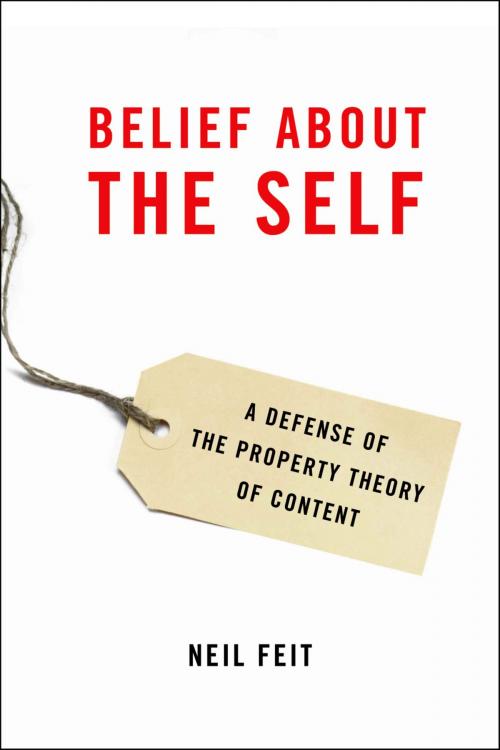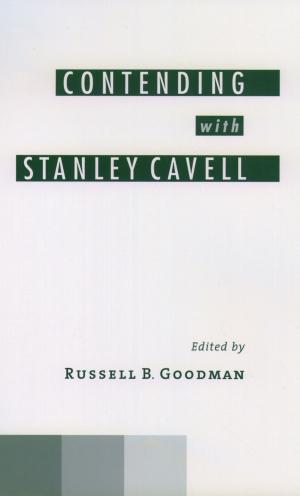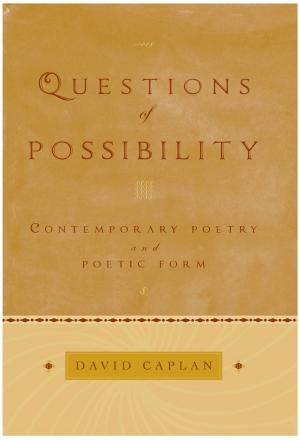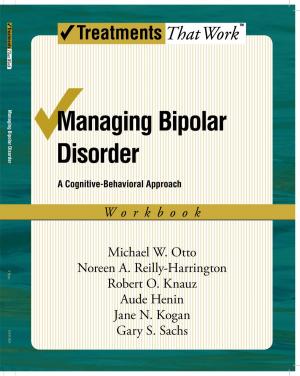Belief about the Self
A Defense of the Property Theory of Content
Nonfiction, Religion & Spirituality, Philosophy, Mind & Body| Author: | Neil Feit | ISBN: | 9780190450922 |
| Publisher: | Oxford University Press | Publication: | July 24, 2008 |
| Imprint: | Oxford University Press | Language: | English |
| Author: | Neil Feit |
| ISBN: | 9780190450922 |
| Publisher: | Oxford University Press |
| Publication: | July 24, 2008 |
| Imprint: | Oxford University Press |
| Language: | English |
Philosophers typically suppose that the contents of our beliefs and other cognitive attitudes are propositions-things that might be true or false, and their truth values do not vary from time to time, place to place, or person to person. Neil Feit argues that this view breaks down in the face of beliefs about the self. These are beliefs that we express by means of a first-person pronoun. Feit maintains-following David Lewis, Roderick Chisholm, and others-that in general, the contents of our beliefs are properties. Unlike propositions, properties lack absolute truth values that do not vary with time, place, or person. Belief about the Self offers a sustained defense of the Property Theory of Content, according to which the content of every cognitive attitude is a property rather than a proposition. The theory is supported with an array of new arguments, defended from various objections, and applied to some important problems and puzzles in the philosophy of mind.
Philosophers typically suppose that the contents of our beliefs and other cognitive attitudes are propositions-things that might be true or false, and their truth values do not vary from time to time, place to place, or person to person. Neil Feit argues that this view breaks down in the face of beliefs about the self. These are beliefs that we express by means of a first-person pronoun. Feit maintains-following David Lewis, Roderick Chisholm, and others-that in general, the contents of our beliefs are properties. Unlike propositions, properties lack absolute truth values that do not vary with time, place, or person. Belief about the Self offers a sustained defense of the Property Theory of Content, according to which the content of every cognitive attitude is a property rather than a proposition. The theory is supported with an array of new arguments, defended from various objections, and applied to some important problems and puzzles in the philosophy of mind.















